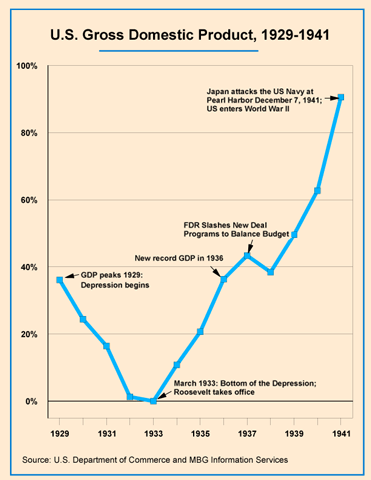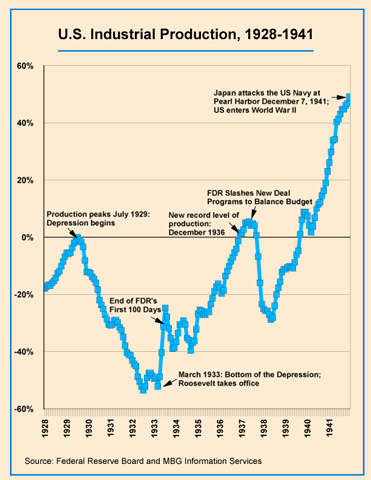First, you don't seem to understand anything about economics. You should read some Econ 101, or take a class at a community college. It might help you to not get bogged down in the logical fallacies that Austrian School cultists get sucked into. You have to start at the beginning to get the basics down, before arguing up to the levels you want to.Krugman is an unremarkable parrot of Keynes, and wouldn't make a pimple on von Mises's ass.
Yes Krugman and Keynes offer the quintessential free lunch of all time. All you gotta do is tax and spend your way to an ever growing economy!!
Here's Keynes in the coming 15 hour work week
the 15 hour work week
"For many ages to come the old Adam will be so strong in us that everybody will need to do some work if he is to be contented. We shall do more things for ourselves than is usual with the rich to-day, only too glad to have small duties and tasks and routines. But beyond this, we shall endeavour to spread the bread thin on the butter-to make what work there is still to be done to be as widely shared as possible. Three-hour shifts or a fifteen-hour week may put off the problem for a great while. For three hours a day is quite enough to satisfy the old Adam in most of us! " jm Keynes
And Keynes was merely musing that the automation that was starting to show up in the economy during his lifetime, the faster movement of people and goods, and the faster information, might end up reducing work hours from the sunrise to sunset sort of economy that most people were engaged in throughout the industrialized world, until unions brought better working conditions and made laws ending child labor and setting overtime after a set amount of hours was reached in a day or week.
Just recently, a billionaire, probably doodling at a desk worth more than your house, decided three twelve hour shifts should be sufficient for the workweek. It's easy for him to say that, as his wife and he have the means to send the nanny to watch the kids' baseball games, and have the limousine driver cart them around. But, having owned a business, and not being wildly wealthy, I know that there are some problems with his thinking. First is that productivity falls after 8-10 hours on the job. Second is the fact that wags are far too low in the US for many people to afford the cut back in hours. Third is that people have kids and other responsibilities that a three day workweek may not allow them to be able to keep up (like daycare, time after school for kids, etc.)
Anyway, Keynes destroyed Mises' and Hayek's arguments back in the 1930s. Austrian School hasn't contributed much of any economic knowledge to the world. It simply would wreak havoc in world markets, and its adherents have to jump back and forth from one side of an issue to another side of an issue, to avoid admitting they are wrong. Noah Smith showed the light weight intellectual thinking that Austrian School adherents use to defend their positions.
Noahpinion: Austrianism, wrong? Inconceivable!
You telling people they dont know anything about economics is about as good a demonstration of irony as I could think of.




 I don't have time for your silliness :yawn:
I don't have time for your silliness :yawn:

